Remember when the Star Wars galaxy was brimming with endless possibilities? Or when Disney Plus promised a whole new universe of stories with shows like The Book of Boba Fett, Ahsoka, and, to a lesser extent, Andor? That wave of optimism took a hit when The Acolyte was abruptly cancelled after its first season.
The Acolyte had all the makings of an engaging story in the Star Wars universe: set in an unexplored era, filled with compelling new characters, and a premise which promised to dive deep into the darker side of the Force. But something went wrong. While no official reason has been cited, speculation has centered around factors like budget blowouts, lackluster viewership, and a torrent of online backlash, all of which combined to allegedly seal its fate.
This raises the question of whether The Acolyte was given enough time to succeed? Especially in the modern streaming era, where shows have seasons with fewer episodes and thus less time to find their footing.
Past Lessons, Future Learnings
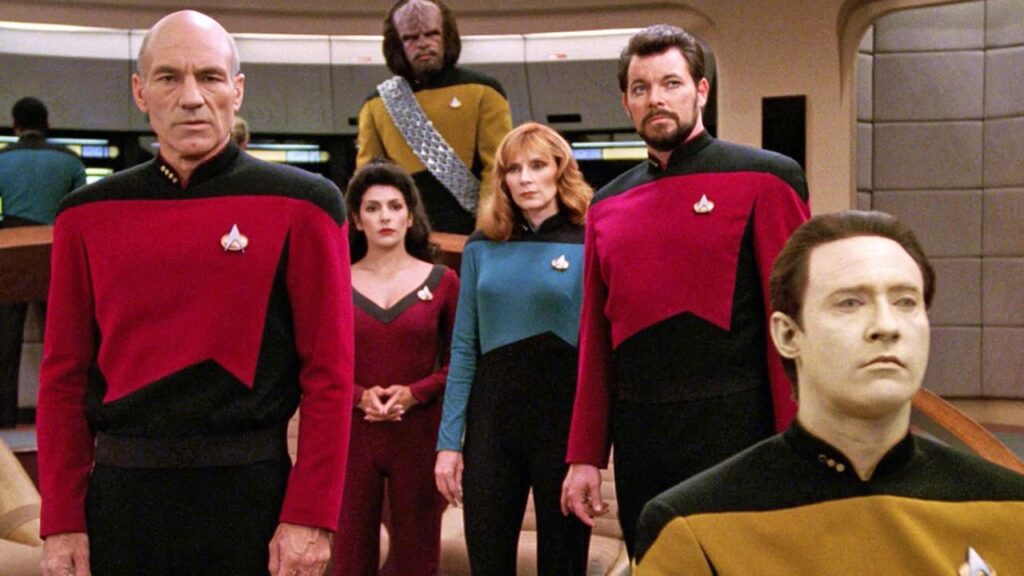
Historically speaking, television shows have often been given time to grow — on occasion, perhaps too much time. (I’m looking at you Lost!)
Take Star Trek: The Next Generation. The series initially received a lukewarm reception, with critics dismissing the show as merely a rehash of Star Trek: The Original Series,butwith different characters. The show’s third season finale, “The Best of Both Worlds,” however, was a game-changer, dramatically shifting its trajectory and cementing its place in television history. The show’s success led to a continuous run of Star Trek on television, right up to 2005’s Star Trek Enterprise.
On the flip side, some shows linger long past their prime — CW’s The Flash is an excellent example. When it first premiered in 2014, the show’s light-hearted adventures drew an average of more than 3 million views across its first four seasons. Over time, repetitive storylines, stagnant character development, and ever more ridiculous stakes, led to a sharp decline in viewership, with the final season averaging just 0.86 million.
How the Streaming Landscape Has Changed
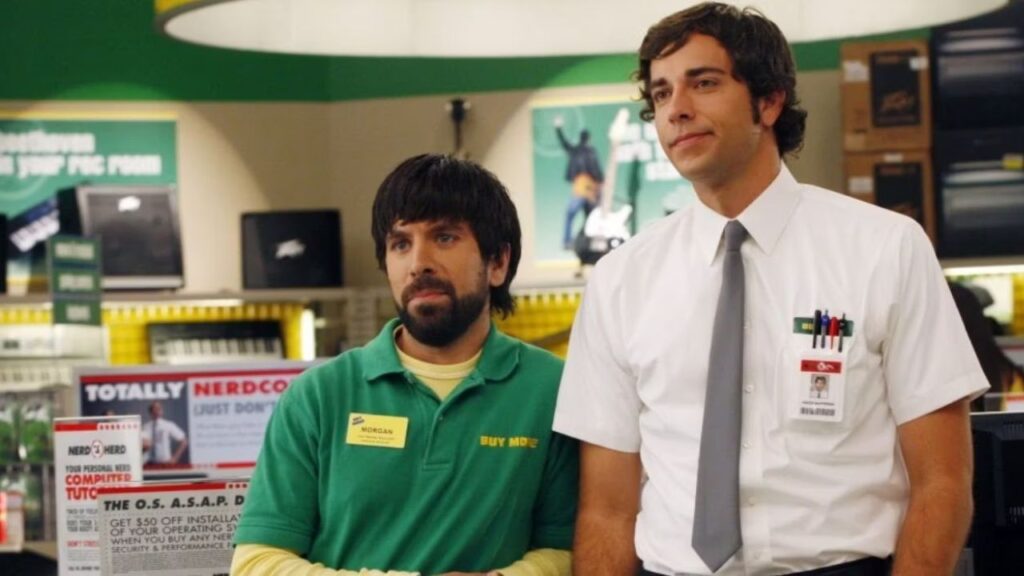
On network television, shows often had more time to develop. This was often supported by advertising revenue or clever product placements – remember Chuck with their Subway sandwiches? The rise of streaming platforms, however, has shifted those dynamics, as subscriber numbers and individual viewing patterns determine a show’s fate. The binge-watching model, with entire seasons released at once, has changed how viewers consume content and made it harder for shows to build a loyal audience over time.
Still, some shows have thrived in this new landscape. The Good Place, for example, maintained strong reviews and viewership through its four-season run, bowing out on a high note in 2020 with a consistent viewership of 3.56 million, and critical acclaim.
A Case of Patience and Planning
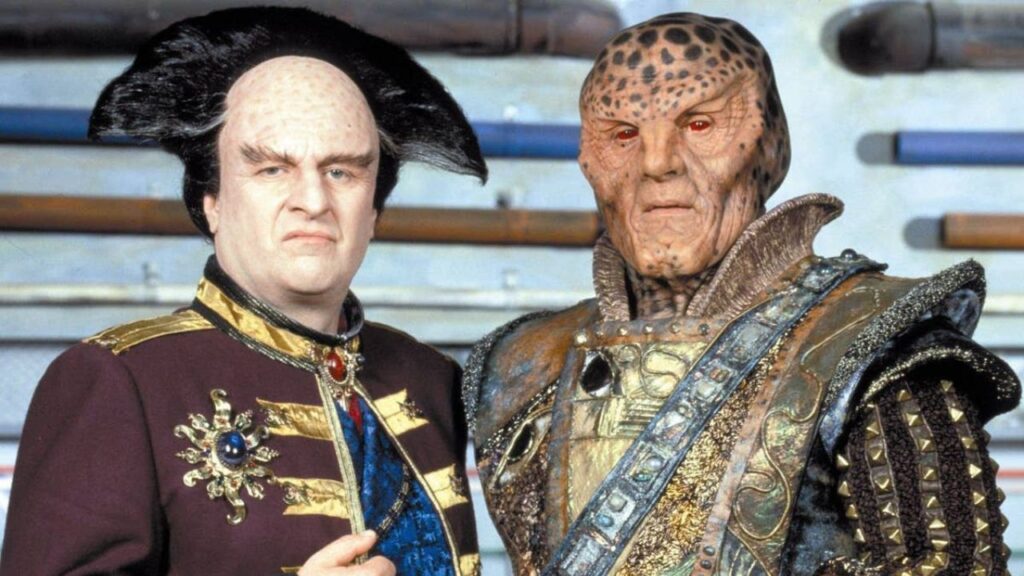
In an ideal world, streaming services and showrunners would commit to longer seasons or a defined plan across several years; with flexibility regarding episode count and length. Both parties should align on the show’s creative direction and give it space to find its audience while knowing when to end.
As fans, we have the power to critique television programs to our heart’s content, but should avoid destructive behavior like review-bombing over disagreements with creative choices. Thoughtful feedback is more constructive for everyone involved.
The Value of Time

In a world where entire seasons drop in a single day (such as Amazon’s Fallout adaption earlier this year), and success is measured by opaque metrics, it is time for streaming platforms to reconsider their strategies.
Maybe The Acolyte didn’t get the chance it deserved, or maybe it’s just a sign of a changing media landscape — where only shows that hit the ground running can survive.
That said, the next time we cheer the renewal of a show or lament its cancellation, ask yourself: Has the show run its course, or does it still have something to give? After all, the best parties are the ones that end at precisely the right time.




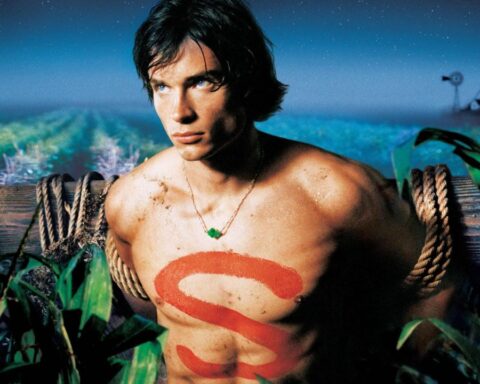


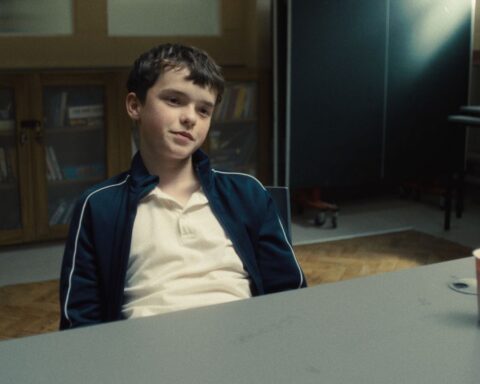
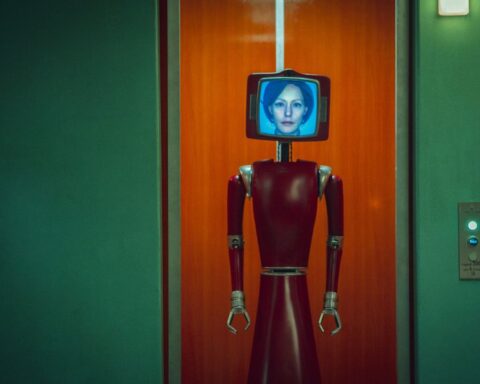
Follow Us